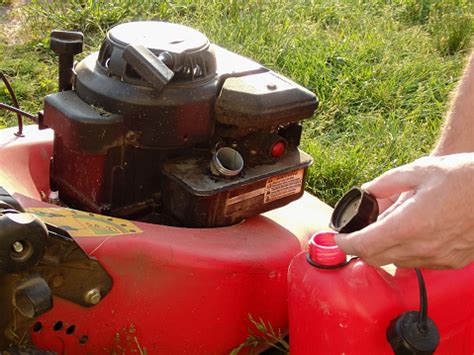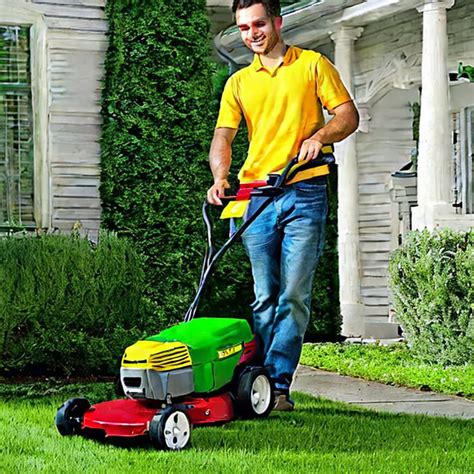Maintaining your lawn mower often involves more than just oil changes and blade sharpening; the fuel you choose plays a critical role in its longevity and performance. A common question among homeowners is whether ethanol-free gasoline is truly better for their lawn mower’s fuel tank and engine. The answer, for many small engine owners, leans heavily towards “yes.”
Understanding Ethanol in Gasoline
Ethanol, an alcohol, is blended with gasoline primarily for two reasons: to increase octane and to serve as an oxygenate, reducing emissions. Most standard pump gasoline sold today contains up to 10% ethanol (E10), with some blends going higher (E15, E85). While generally safe for modern car engines, which are designed to handle it, ethanol can pose significant problems for the simpler, older, or less robust fuel systems found in many small engines, including lawn mowers.
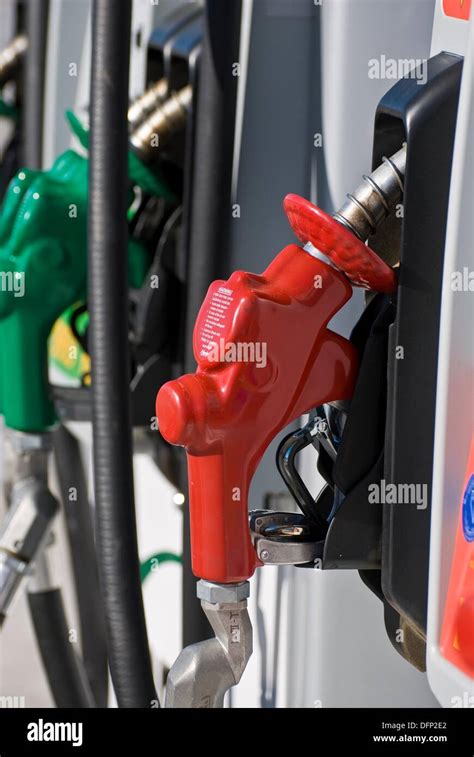
The Detrimental Effects of Ethanol on Small Engines
The issues stemming from ethanol in small engines are multifaceted. One primary concern is its hygroscopic nature, meaning it readily absorbs water. This can lead to phase separation, where the ethanol and absorbed water separate from the gasoline and sink to the bottom of the fuel tank. This water-rich layer can then be drawn into the carburetor, causing misfires, corrosion, and severe damage.
Beyond water absorption, ethanol is also a solvent. Over time, it can dissolve or degrade various components in a fuel system not designed for its presence. This includes:
- Rubber and Plastic Components: Fuel lines, gaskets, seals, and even fuel tank linings can become brittle, crack, or soften and swell, leading to fuel leaks and blockages.
- Metal Parts: Ethanol can accelerate corrosion, particularly in aluminum and steel components, forming rust and deposits that can clog fuel filters and carburetors.
Direct Impact on Lawn Mower Fuel Tanks
For lawn mowers, the fuel tank itself is often a primary victim of ethanol’s corrosive and solvent properties. Many older or entry-level lawn mowers utilize plastic or composite fuel tanks, along with rubber fuel lines and seals. Ethanol can slowly degrade these materials.
- Plastic Tanks: While many modern plastics are more resistant, older plastics can become permeable, brittle, and even leak over time when exposed to ethanol.
- Metal Tanks: For mowers with metal tanks, ethanol can promote rust formation, especially in the presence of water, leading to contaminated fuel and potential tank perforations.
- Fuel Lines and Gaskets: These crucial components, often made of rubber, are highly susceptible to ethanol damage, leading to cracks, swelling, and ultimately, fuel delivery problems and leaks.
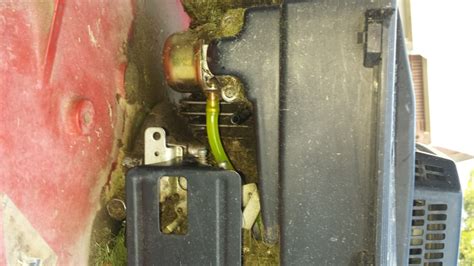
Why Ethanol-Free Gas is a Better Choice
Using ethanol-free gasoline eliminates these concerns entirely. Without ethanol:
- There’s no risk of phase separation, meaning water won’t be drawn into your fuel system in the same destructive manner.
- Fuel system components made of rubber, plastic, and certain metals are not subjected to the solvent effects of ethanol, preserving their integrity and preventing degradation.
- The fuel remains more stable for longer periods, reducing the need for stabilizers if the mower is stored for a few weeks, though long-term storage still benefits from stabilization.
- Your lawn mower’s engine will likely run cleaner and more reliably, leading to fewer carburetor clogs, fuel line replacements, and overall maintenance headaches.
![Honda Lawn Mower Carburetor Cleaning? [Step-By-Step Guide]](/images/aHR0cHM6Ly90czQubW0uYmluZy5uZXQvdGg/aWQ9T0lQLjFmclNzbGpncHZ6d096d0NqTV9wOGdIYUVLJnBpZD0xNS4x.webp)
Alternatives and Best Practices
If ethanol-free gas isn’t readily available or is cost-prohibitive, there are measures you can take to mitigate ethanol’s effects:
- Fuel Stabilizers: Add a high-quality fuel stabilizer designed for ethanol-blended fuels to every tank, especially during periods of infrequent use. This helps prevent phase separation and keeps fuel fresh.
- Specific Small Engine Fuels: Many hardware stores and auto parts retailers sell pre-mixed, ethanol-free (and often stabilized) fuel specifically designed for small engines. While more expensive per gallon, it offers ultimate convenience and protection.
- Drain Fuel for Storage: For long-term storage (over 30 days), it’s best to either run the engine until it’s out of fuel or drain the fuel tank and carburetor completely.
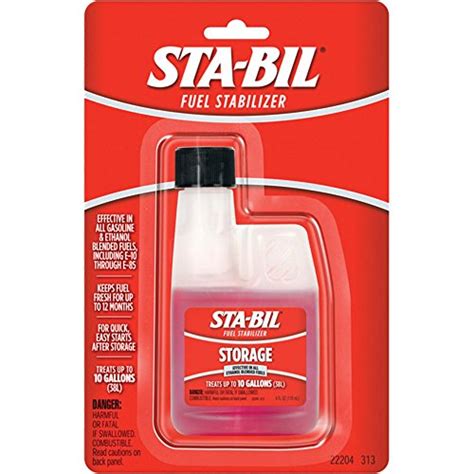
Conclusion
For the health and longevity of your lawn mower’s fuel tank and entire engine system, ethanol-free gasoline is undeniably the superior choice. It eliminates the risks of water absorption, material degradation, and corrosion that ethanol-blended fuels pose to small engines. While it might require a little extra effort to find, the peace of mind and reduced maintenance costs often make it a worthwhile investment for any lawn mower owner. If ethanol-free isn’t an option, diligent use of fuel stabilizers or specialized small engine fuels can help protect your equipment, ensuring your lawn mower is ready to tackle yard work whenever you are.
